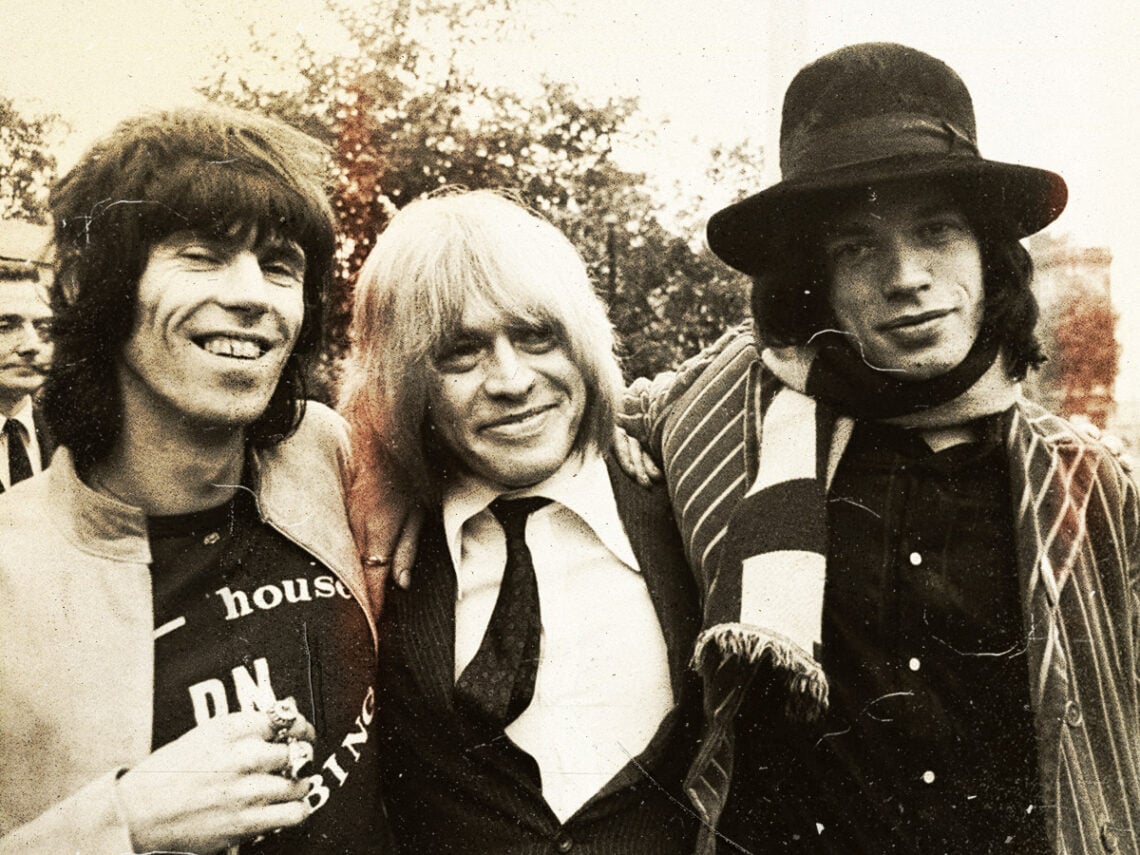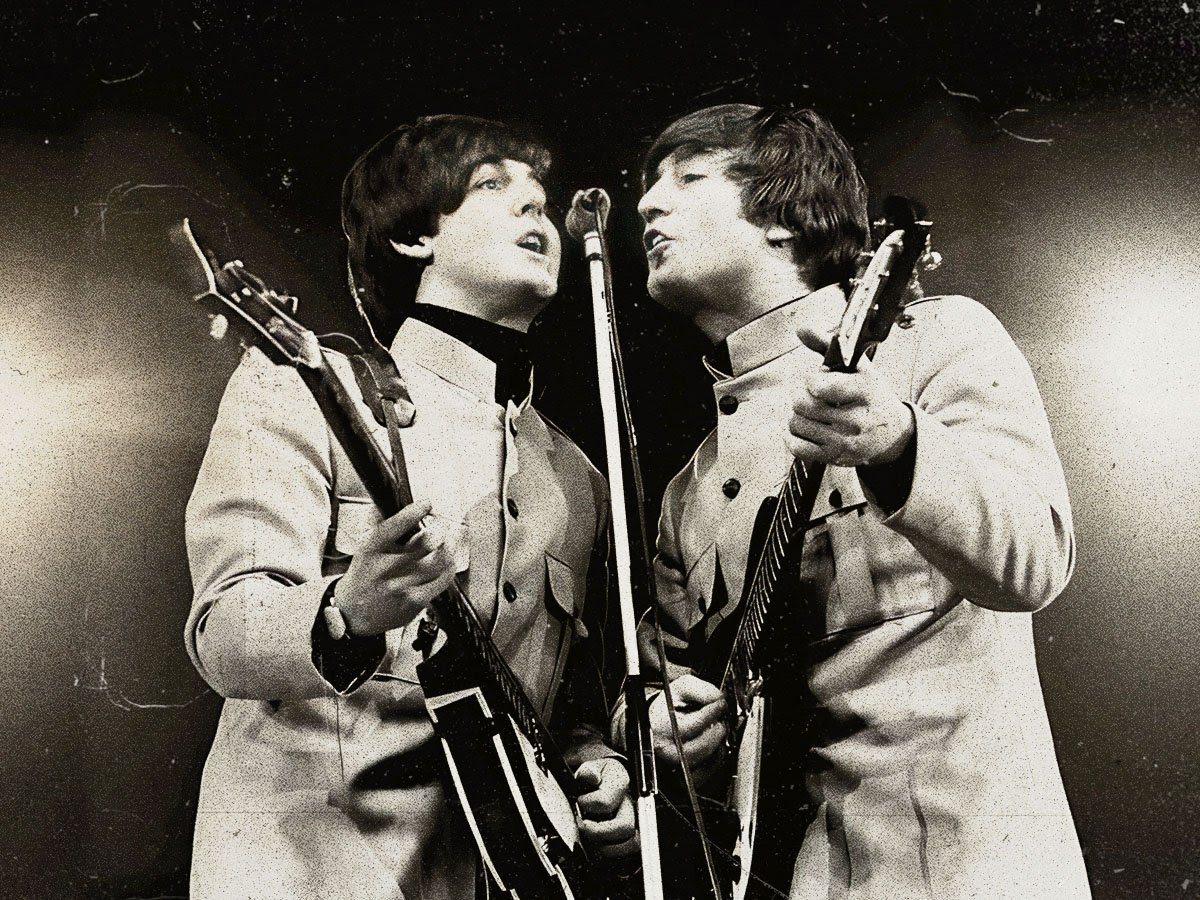Under the initial guidance of multi-instrumentalist blues fanatic Brian Jones, The Rolling Stones warmed to the crowd-pleasing comfort of R&B covers. Their early records were packed with traditional renditions that far outweighed Mick Jagger and Keith Richards’ emerging knack for songwriting. Among the group’s early singles was ‘I Wanna Be Your Man’, a song their future rivals, The Beatles, gifted them during their early pursuit of chart success.
By the mid-1960s, Jagger and Richards had fine-tuned their songwriting capabilities and unshackled the group from Jones’ much-adored blues covers. Meanwhile, Jones had fallen victim to an addiction struggle compounded by his disillusionment with the band’s more pop-orientated direction.
After several arrests amid ongoing disputes with the rest of the band, Jones was fired in June 1968. “The fact that he was expecting it made it easier, you know, he wasn’t even surprised, and I didn’t really think he took it all in,” Richards once reflected on the unfortunate circumstances. “He was already … up in the stratosphere.” Just over a year later, Jones passed away after drowning in his swimming pool in East Sussex.
Before Jones departed The Rolling Stones, his final contributions were heard on the 1968 album Beggars Banquet. Following the psychedelic digression of Their Satanic Majesties Request, the release was a marked return to the Stones’ associative blues-rock sound. Jones’ slide guitar on ‘No Expectations’ was a particularly memorable farewell from the musician.
Elsewhere on the album was ‘Sympathy for the Devil’. The classic album opener wasn’t released as a single despite its suitability. The classic track is distinguished by its pacey rhythm, provided by Nicky Hopkins’ cascading piano work and Rocky Dijon’s conga beat.
Adhering to the band’s bad by image, as devised cunningly by their early manager Andrew Loog Oldham, the song tapped into the Stones’ devious side. “That was taken from an old idea of Baudelaire’s, I think, but I could be wrong,” Mick Jagger told Rolling Stone in 1995. “Sometimes, when I look at my Baudelaire books, I can’t see it in there. But it was an idea I got from French writing. And I just took a couple of lines and expanded on it. I wrote it as sort of like a Bob Dylan song.”
Richards reflected on the song in a separate conversation with Rolling Stone in 1971. “Before, we were just innocent kids out for a good time, they’re saying, ‘They’re evil, they’re evil’. Oh, I’m evil, really? So that makes you start thinking about evil … What is evil?” the guitarist said. “Half of it, I don’t know how many people think of Mick as the devil or as just a good rock performer or what? There are black magicians who think we are acting as unknown agents of Lucifer and others who think we are Lucifer. Everybody’s Lucifer.”
Before the album’s arrival in 1968, The Rolling Stones performed ‘Sympathy for the Devil’ for the first time live on London Weekend Television’s Frost on Saturday. In the footage below, you can see Brian Jones performing the piano parts while bassist Bill Wyman shakes the shekere.



